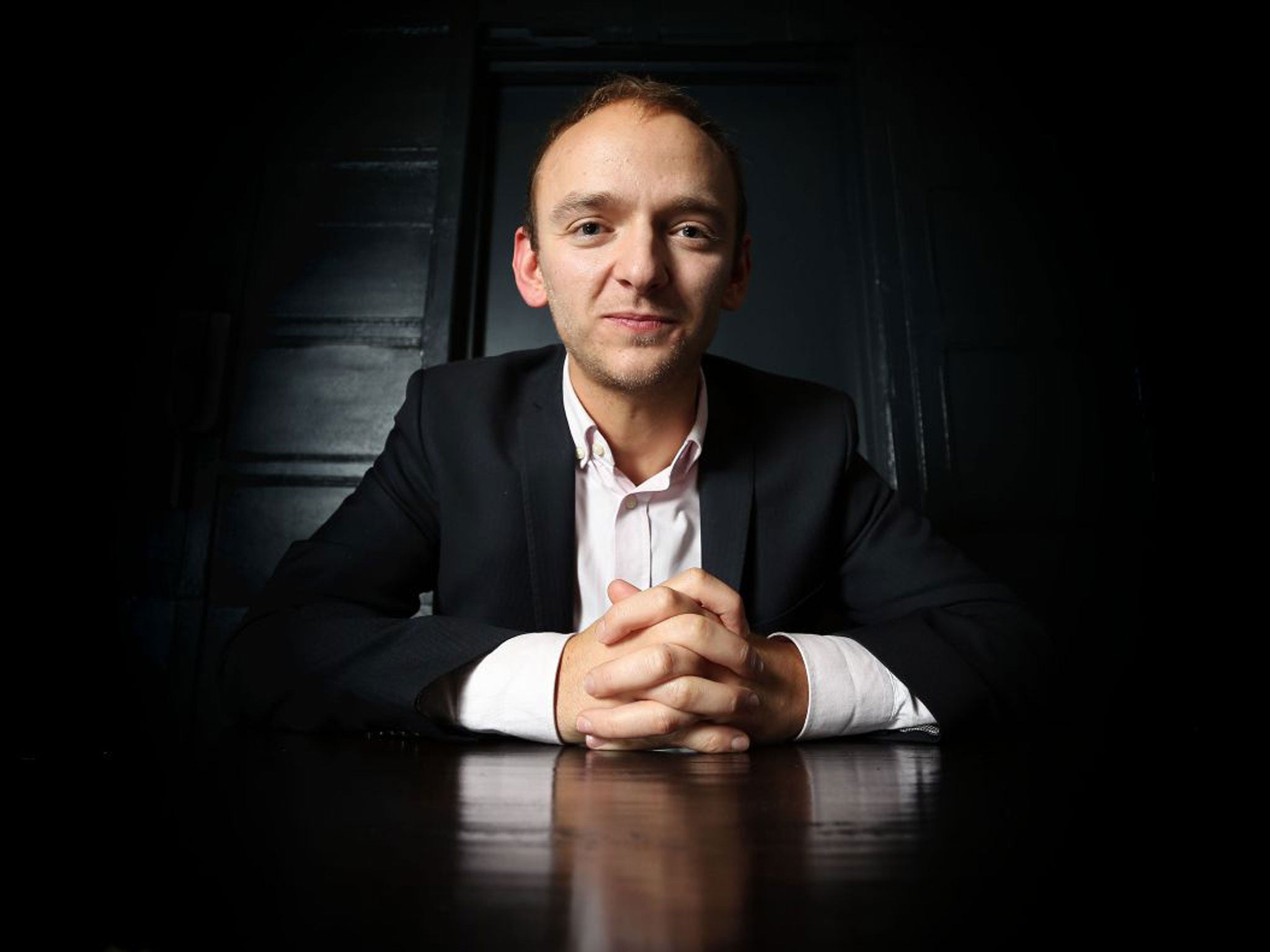Future First has convinced thousands of people to go back to their schools and talk to pupils
But what led the people behind this charity to begin their campaign?

It all started with a group of former comprehensive school pupils from London who had done quite well for themselves after moving out of the area to find work. When they returned to the neighbourhood of their school – William Ellis in Camden Town – they found that those who had stayed behind had not done so well, despite having just the same potential to succeed when they had started at the school.
The reason appeared to be that they did not have access to the kind of information they needed to make the most of their careers. They set about arranging alumni evenings at the school – so current pupils had access to role models from the same background as themselves who could tell them how to open doors that would otherwise be closed.
Out of that small acorn, Future First was born, with the ambition of setting up alumni networks in every state school in the country. After just four years, it has succeeded in convincing 450 to follow this route.
Jake Hayman was a founder member of the charity. As he says in its brochure: “Britain has the lowest level of social mobility in the developed world. In a country where your parents’ wages are more likely to define your career path than your own ability, good advice about the world of work and access to role models making the most of their careers are desperately needed if we are to help young people fulfil their potential.
“Initially there were about 20 schools involved,” said Alex Shapland-Howes, the charity’s managing director. “It involved us actually going to track down about 40 former students for each school. It was mini detective work. You’d find, say, three people one day and ask them if they knew of any other former students who had an interesting job.”
Now it is less about investigations and more about getting the schools to build up their own websites of current students and keeping track of them – so they can be encouraged to serve as role models in future. The charity believes the task for schools is to integrate the former alumni into the curriculum so they can provide the support and mentoring necessary.
One successful scheme is beaming them into schools via Skype, so pupils can see them on their smart phones strutting around their offices and think: “I could do that.”
The aim, says Shapland-Howes, may be “an alumni community for every school and college”. But there is a more realistic target of 2,000 schools signing up within the next five years. “That would give us almost two-thirds of all state schools – a terrific achievement,” he says. “Some schools are beginning to put it in their prospectuses.”
As they do, and the schemes are seen to be effective in steering pupils to better job opportunities or university aspirations, so the rest will think they are missing out and follow suit.

Join our commenting forum
Join thought-provoking conversations, follow other Independent readers and see their replies